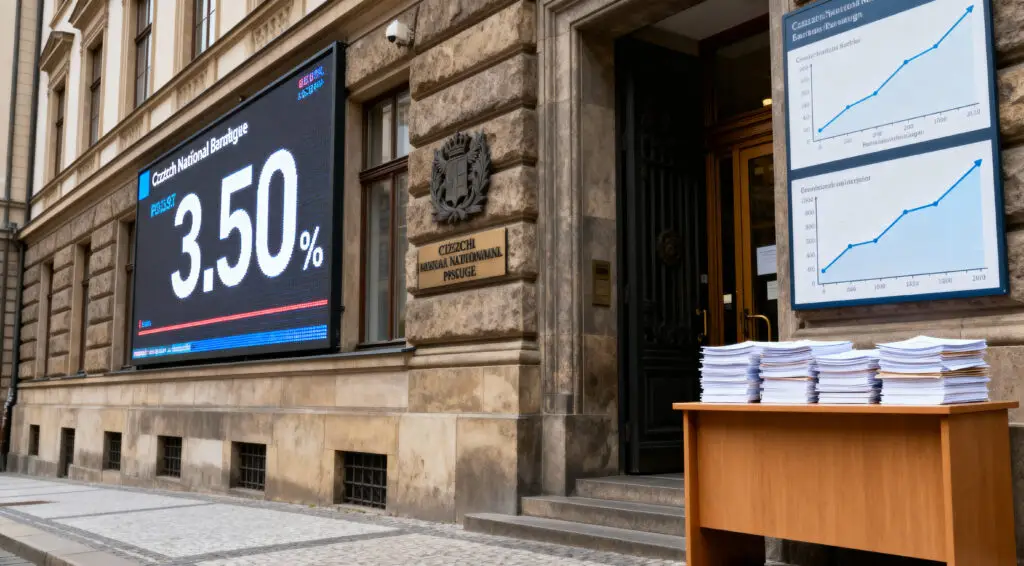Vitalik Buterin Proposes New Ethereum Gas Cap
Ethereum co-founder Vitalik Buterin, alongside researcher Toni Wahrstätter, has put forward a new proposal, EIP-7983, aimed at introducing a protocol-level cap on transaction gas usage. This initiative seeks to significantly enhance the Ethereum network’s security and overall performance. The proposed limit sets a maximum gas consumption of 16.77 million (2²⁴) for individual transactions, a measure designed to improve the network’s resilience against potential denial-of-service (DoS) attacks, ensure greater stability, and provide more predictability in transaction processing costs.
Capping Transactions: EIP-7983’s Answer to Ethereum DoS Risks
Under Ethereum’s current architecture, a single, large transaction theoretically possesses the capacity to consume an entire block’s gas limit. This poses a considerable risk of denial-of-service (DoS) attacks, where malicious actors could intentionally create oversized transactions to disrupt network operations and lead to unpredictable network behavior. By implementing a cap on individual transactions, EIP-7983 aims to distribute gas consumption more evenly across the network, thereby substantially reducing the likelihood of single transactions overwhelming block capacity and compromising network integrity.
Ethereum’s Future: EIP-7983 Enhances zkVM Performance and Scalability
Beyond immediate security enhancements, the proposed gas cap is also strategically designed to improve compatibility with zero-knowledge virtual machines (zkVMs). This is achieved by encouraging large transactions to be broken down into smaller, more manageable chunks, which are better suited for the operational parameters of zkVMs. According to the draft proposal, any transactions specifying gas limits exceeding 16.77 million would be automatically rejected during the block validation process, preventing them from entering the network or being included in new blocks, thus ensuring consistent performance and compatibility.
Buterin’s Gas Cap: A Calculated Move for Ethereum’s Stability
Buterin and Wahrstätter carefully selected 16.77 million as the specific gas cap, aiming to strike a delicate balance between managing network complexity and optimizing performance. They argue that this chosen value is sufficient to accommodate most current advanced DeFi use cases and complex contract deployments without introducing unnecessary risks to the network. The proposal emphasizes that this cap operates independently of the overall block gas limit, which miners and validators retain the flexibility to adjust within existing consensus rules, ensuring adaptability while maintaining a safety net for individual transactions.
EIP-7983: Backward Compatibility and User Impact
While EIP-7983 is not backward-compatible for transactions that might exceed the new limit, the authors have assessed that the vast majority of existing transactions already fall well below the proposed cap. This analysis suggests that the implementation of this new limit will have minimal disruptive impact on current users and developers, ensuring a smooth transition. The proposal also builds upon prior efforts, such as EIP-7825, which aimed to improve predictability in transaction execution, reflecting a continuous commitment to refining Ethereum’s operational efficiency and reliability.
Vitalik’s Broader Vision for Ethereum Simplification
This gas cap proposal aligns with Vitalik Buterin’s broader vision for simplifying the Ethereum network’s base protocol. In May, Buterin called for a significant restructuring of Ethereum’s architecture across its consensus, execution, and shared components, aiming for a leaner and more efficient design within five years. Inspired by Bitcoin’s minimalist approach, he argued that Ethereum’s increasing complexity has led to longer development times, higher costs, and elevated security risks. His overarching goal is to boost the network’s efficiency, security, and accessibility through fundamental architectural improvements.
Enhancing Digital Identity and Network Values
More recently, the Ethereum co-founder also introduced a new concept for a digital identity system dubbed “pluralistic identity.” Buterin argues that such a system could effectively protect user privacy while simultaneously enabling fair and equitable participation in digital life, addressing crucial concerns in the evolving digital landscape. The continuous pursuit of such innovations, alongside efforts to simplify the core protocol, underscores Ethereum’s commitment to its foundational values of security, decentralization, and user empowerment, even as it scales and adapts to new challenges.























